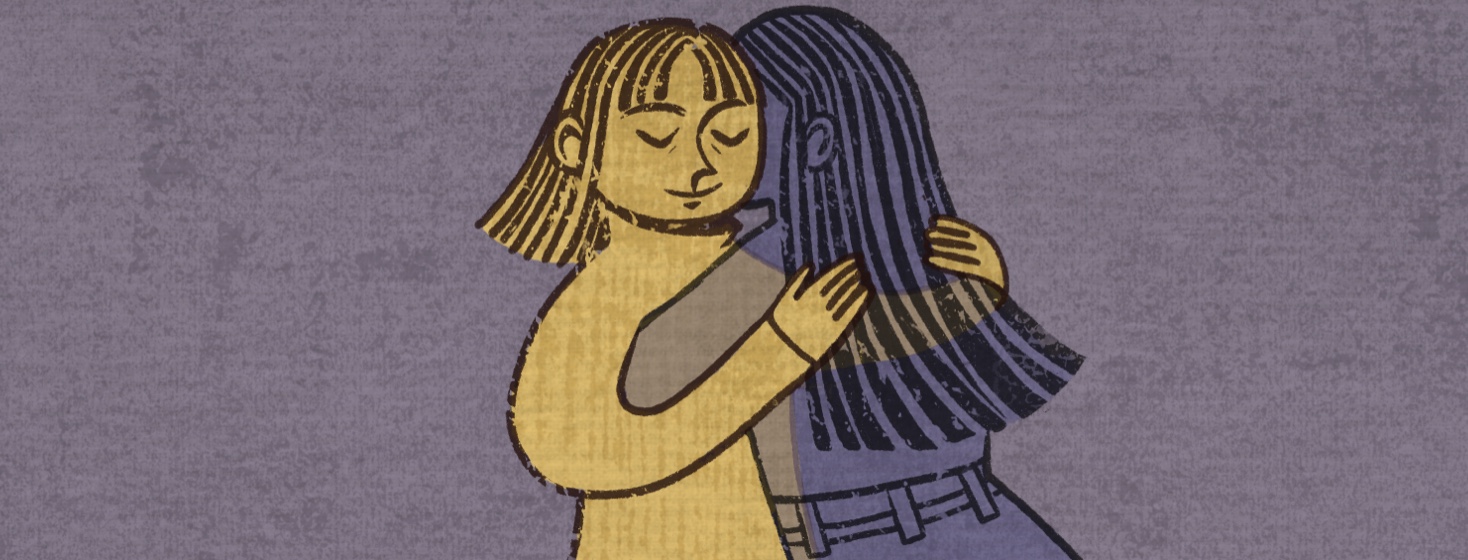Saying Goodbye to a Friend
Several months ago, I lost my friend Ashley to metastatic breast cancer. A mutation of the PALB2 gene caused Ashley's cancer. Words cannot begin to convey how much Ashley meant to me. Regardless, I am going to give it my best shot.
Updated genetic testing
In 2018, Ashley messaged me on Facebook to tell me how she had been diagnosed with Stage 4 breast cancer within the prior year. She mentioned that she had learned that she had the PALB2 genetic mutation and wanted to encourage me to get updated genetic testing.
Ashley knew I had tested negative for the BRCA mutation, even though there was a strong genetic link between my mom's cancer and mine. Women with the PALB2 mutation have an estimated lifetime risk for breast cancer that is between 40 to 60 percent.1
Because of Ashley's encouragement and advocacy for hereditary cancer awareness, I went back to my cancer center and received updated genetic testing. Following the genetic counseling, I learned that I had Cowden's Syndrome, a mutation of the PTEN gene.
Featured Forum
View all responsesMy hereditary cancer guardian angel
Since I had this genetic mutation diagnosis, I underwent a colonoscopy at age 38 without any pushback from my insurance company. The doctor found 14 polyps during my first colonoscopy. When I told Ashley the news, she was thrilled that I had been proactive with my health and gotten rid of pre-cancerous polyps. Ashley genuinely cared.
Fast-forward to my own diagnosis of metastatic breast cancer, I truly believe my oncologist would not have ordered the 2 scans that I had asked for if I did not have my Cowden's Syndrome diagnosis. After my stage 4 breast cancer diagnosis, Ashley patiently answered my countless questions about the "what now." Despite the fact that she lived in British Columbia and I live in Pennsylvania, my friend always responded to my messages during that initial rough couple of months.
Racing against the clock
Even when Ashley was dealing with extraordinary pain and anguish with her own diagnosis, she continuously advocated for hereditary cancer awareness. In an interview with the Vancouver Sun, Ashley said, "I have to try my best. My life expectancy, sadly, is very low, I don’t know what’s going to happen.”
My friend, like so many others, was not a fan of the battle cancer language. "I’m not going to win, I’m not going to lose," she said, "...this is life and it happens with the fluke bad luck of gene errors."
Ashley was a bright light
Ashley's cancer ultimately spread to her brain, and no matter what she and her oncology team threw at it, the cancer was just too smart. Ashley was a bright light, and it still breaks my heart to speak of her or think about her in the past tense.
Our last exchange, before the brain mets got to be too much, was about my oligometastatic breast cancer diagnosis and hereditary cancer risk. "I'm so glad you are managing well through this. You will have time. Life. Time. Time. Time."
If I do end up with time, Ashley Blair Doyle is the reason. I'll forever be grateful.

Join the conversation